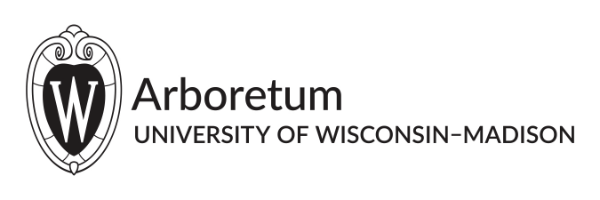
What
They Mean To Me:
Native People Share What the Caribou Means to Me
What importance does the Porcupine caribou have for the native peoples who share their land? Here is what a number of the members of the Porcupine Caribou Management Board had to say:
“Caribou herds are one of the important biological indicators of the overall condition of the environment.”
-Vince Fraser, Tr’ondek Hwech’in First Nation
“A way of life for food, clothes and tools based on survival. It is a special spiritual animal that was put on earth for many people to survive on.”
-Frank Patterson, CYFN, Nacho Nyak Dun First Nation“Elders and former leaders always stress the importance of the caribou and how the people should always look after them. The caribou is our lives. We have to do our part in looking after them.”
-Frank Edwards, Gwich’in Tribal Council
“For thousands of years our people have said “ I vadzaih Lhan chia va da thah chia”. We cannot do without you.”
-Dennis Frost, CYFN, Vuntut Gwitch’in First Nation“The PCH, like any other wildlife, means everything to me. They are the tie to the past, present and future. They help me understand where I came from, where I fit in the present, and hopefully where my children will fit in the future. Knowing the caribou are there gives me a source of strength and a sense of reality. They are an integral part of the world I live in, and without them (or any other wildlife) my world would be much smaller.”
-Doug Larsen, Yukon Government
“It’s difficult to manage caribou; they don’t recognize boundaries. Local people learned early on that if you wanted to ensure that caribou would be available for your children and future generations, it was important to protect the environment, land and waters. They took only what they needed. They were the users and guardians of the environment and the wildlife in their traditional use areas. Today there are many other factors that have to be taken into consideration when trying to manage caribou but is it the caribou that we have to manage? I don’t think so. It’s development and human impacts that we have to manage. We all have to work together to minimize the impacts on a resource (caribou) that is so important to the people. This includes how we harvest the caribou. We must teach our young people how to utilize the resources sustainably and adopt good hunting practices. We must also respect the regulations that are put in place from time to time to protect the herd.”
-Richard Binder, Inuvialuit Game Council
Journaling
Question
Make a list of the most important things in your life. How would you describe
their value for your life?

